Product and project mindsets have the same end goal. Both want a successful product on time and within budget and happy customers. These similarities create confusion at all levels of business executives, and a debate about the advantages or benefits of one over the other. This post moves out of the debate and presents in which scenarios one approach is more suitable than the other.

Projects are a widely used way of organizing and funding new products or services development. PMI provides the most popular project definition project as “a temporary endeavor undertaken to create a unique project service or result” According to it, projects are temporary and close down on the completion of the defined scope.
Project funding is case-by-case, and usually considers the expected benefits projected in a business case. Project teams are temporary and formed especially for it. Team members have durable reporting lines outside the project organization, but also have other reporting lines during the project’s existence. When the project is completed, these members are reassigned to other projects or tasks.
But many organizations have a different approach. They don’t have an organization and funding around projects. What they do is run product development and support using near-permanent teams for the whole product life cycle. Budgeting is assigned generally on yearly basis considering the needs of a persistent core development organization.
Product teams have durable reporting lines inside. Work is defined as a business problem to address, instead of a set of functions to deliver. This way of working is called “product-mode”
There has been some debate where some people defend one way of working over the other. And even a disruptive proposal created by Evan Leybourn and Shane Hastie called #noprojects, and defined as a movement and a philosophy. They say it is not a “thing” and it is definitely not a methodology or a brand. It represents a set of principles, practices, and ideas that any organization can apply.
Many people, especially inside the agile space, consider that the product mindset is the right one and that a project mindset represents something of the past that needs to be changed. This leads to less waste, more creativity, and more releases (from Scrum.org training material) That’s the reason that many talks about agile vs. PMI, as if things were so easy to classify and define.
But, is there a unique and better approach or mindset? The answer to this question is completely related to the kind of product being built.
Let’s assume that the product to be built has some of these characteristics:
- Requirements are reasonably fixed
- There is one major delivery and is not possible to have intermediate ones
- The product will not have major changes from the moment it is released until is deprecated
- The team required to build the product is much larger than the one required to operate and maintain it later
- The knowledge required to build the product is not required to operate and maintain it
A containership, a bridge, a skyscraper, an airplane, a software migration, or a coffee machine are examples of this type of product. And for all of these cases, the project approach fits very well.
If instead of the previous characteristics we have a product where:
- Requirements are dynamic and not completely known at the start of the construction of the product
- It is possible to build the product in an incremental way
- The product may have significant changes from the moment is released until it is deprecated
- The team required to build the product is not much larger than the one required to operate and support it
- The knowledge required for the construction is also very valuable for the support and operation
- Product value can be reached before or after planned
- Product success is not measured in terms of goals accomplishment or resource management, is measured by the value created
Most software and digital products fall under this category. And in all these cases the product approach seems to be more adequate.
In conclusion, depending on the type of product being built and the context of the organization, a project approach and mindset may be better or not, than a product one. And is very reasonable to consider an organization with a mixed approach, product-oriented for certain cases and project-oriented for others, defining which one is the best approach for each case.










